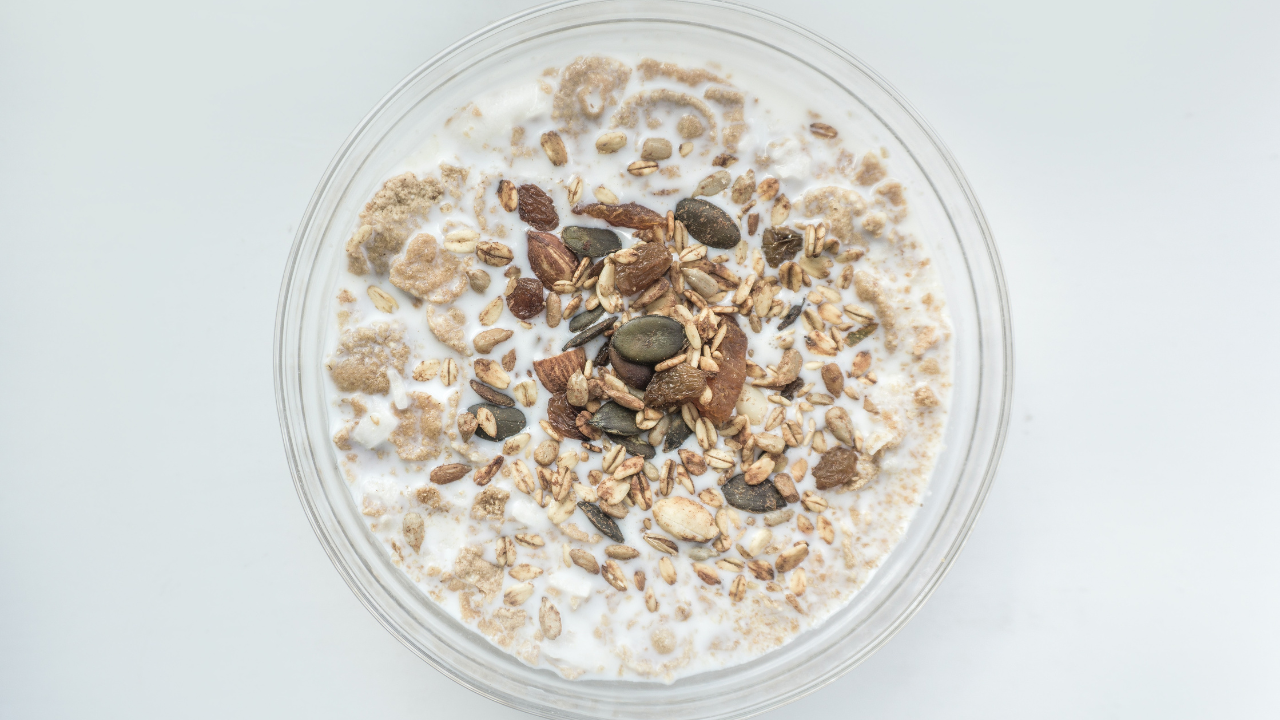Are You Getting Enough Zinc?

Zinc status check …
Are you regularly tired and depressed?
Do you have a poor sense of smell or taste?
Do you get breakouts, skin rashes or infections often?
Do you suffer extreme hair loss and poor nail health?
Do you have smelly feet or strong body odour?
Do you experience poor appetite?
Do you have poor digestion or bowel problems?
A few yeses may indicate you need more zinc in your diet.
(Please note that several nutritional deficiencies or health disorders can cause similar effects, and you may need to investigate further.)
Within our body, there are thousands of enzyme activities that require zinc. These include cell metabolism, replication and growth, tissue regeneration, wound healing, embryo development, bone growth remodelling, and blood vessel growth. Zinc is an essential element for the cells in our innate immune system, which is the first response phase of immune reaction. It promotes immune signalling and tumour suppression while functioning as an antioxidant to help stabilise the immune response. Zinc is an antioxidant and anti-inflammatory and supports detoxification. Zinc is required for brain and nerve function, digestion, appetite and taste sensitivity, retinol metabolism, blood glucose regulation, and hormone and reproductive function. Zinc is also essential for our body to metabolise alcohol. Such a small amount is responsible for so many processes!
Many Australians have an inadequate zinc intake, with a possible cause being that zinc is one of the most common micronutrients deficient in Australian soils and crops (unless the farmer is adding it back into the soil regularly). And if it isn’t in the soil, it cannot be in our food!
The bioavailability (how much your body will absorb) of zinc is related to the food sources you eat, the level of your stomach acidity, the balance of other minerals and how much is already in your body. The recommended daily intake (RDI) for women is 8mg and for men is 14mg.
Zinc is best absorbed from shellfish, such as oysters, mussels, crab and lobster. Organ meats, red meat, chicken, liver, eggs, milk, and brewers yeast are also bioavailable sources. Zinc in plant foods such as bran, whole grains, legumes, seeds and nuts are bound by phytates, making absorption more difficult. Twice as much zinc is absorbed from a diet that includes animal products, but to assist absorption from a plant-based diet, it is recommended to bake with yeast, ferment or soak and sprout.
Besides phytates, other inhibitors of zinc absorption include:
- Pairing your meal with a glass of wine, tea or coffee.
- Consuming a significant amount of dairy.
- A high fibre intake.
- Using antacids or medication for stomach acid/reflux.
If you have had bariatric surgery or are taking iron, folic acid or calcium supplements, you may need to add more foods high in zinc to your diet as they are all inhibitors of zinc absorption. A good quality zinc supplement may also be something you choose to take.
It all sounds doom and gloom, and I promise it isn’t! You can add some extra zinc by adding cocoa powder, chia seeds and coconut to a smoothie. Or make an overnight oats bowl for breakfast, mixing chia seeds, cocoa powder, and peanut butter. Or add extra thyme to your cooking, snack on some sunflower seeds and throw some poppy seeds and pine nuts in your lunch salad.
Remember, we eat food, not nutrients. It is your regular meals as a whole over time that impact your nutrient profile. Enjoying a whole food diet, taking care of your gut health, minimising processed foods, and having water as your main drink daily will support the absorption of zinc and other essential trace minerals.
If you would like some support in upgrading your nutrition habits in a simple way, explore my self-guided Seasonal Nutrition Resets here. Each reset includes recipes using seasonal produce, meal plans to follow (if that is your thing), nutrition education, mindfulness practices to manage stress and a journal if you want to explore your relationship with food and your health and well-being a little deeper.
As always, remember your reasons, your health, your mission, and the people you love.
OM xx
Blog posts are not intended to provide medical advice or take the place of medical advice and treatment from your doctor. Readers are advised to consult their qualified health professionals regarding specific health questions. Ocea Marie does not take any responsibility for possible health consequences for anyone reading or following the information available on the blog. All readers, especially those taking prescription or over-the-counter medications, should consult their doctor before beginning any nutrition or supplement program.
Imagine transforming just a few minutes each day into a powerful practice that can guide you from stress to calm, foster emotional well-being and inner peace?
You can! With my FREE Mindful Moments: A 5-Day Journal with Prompts for Busy Women.
Plus, you'll receive an exclusive mindfulness meditation audio to move you from overwhelm to calm in a few moments. Don’t miss out on this transformative gift!
